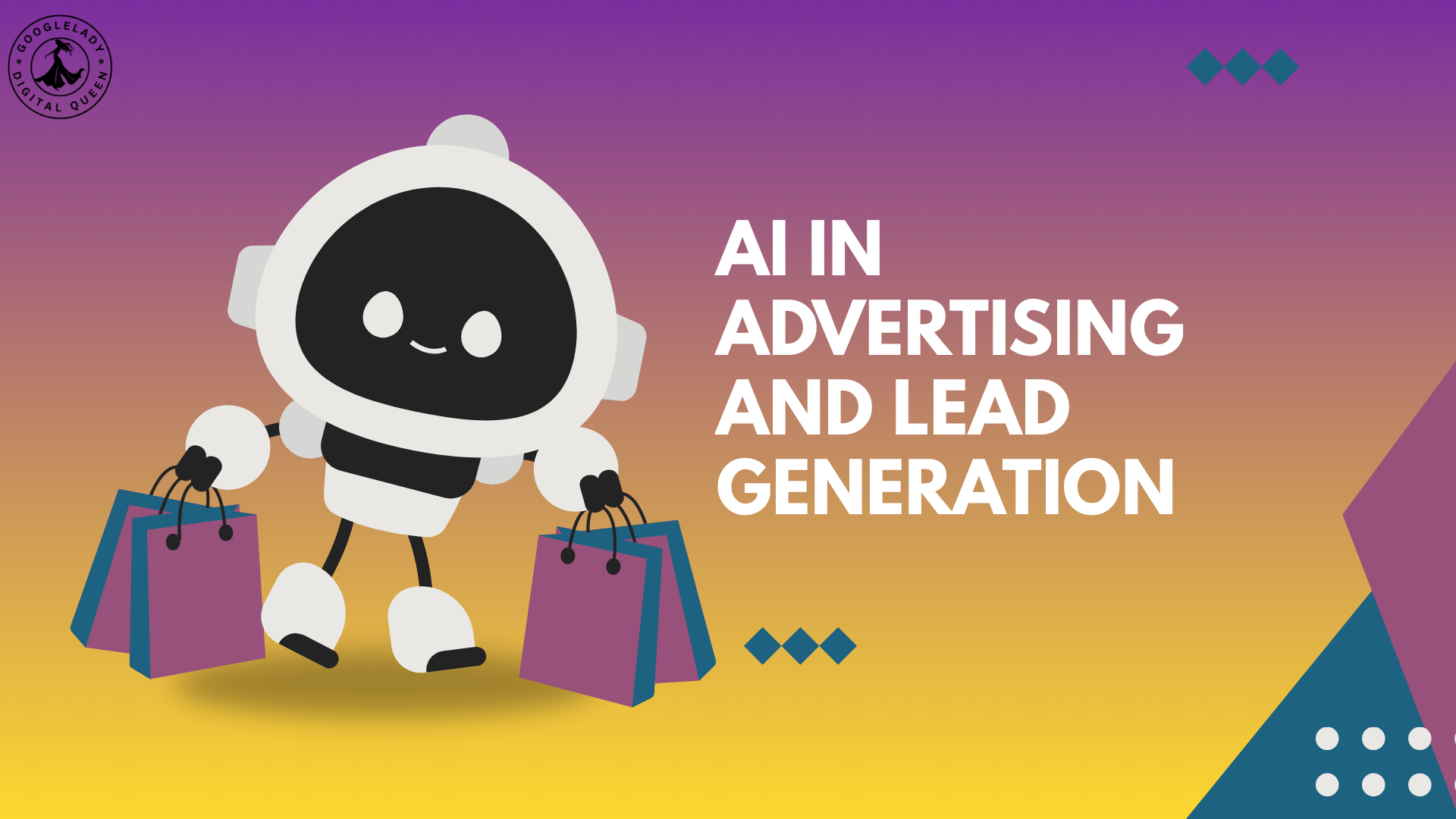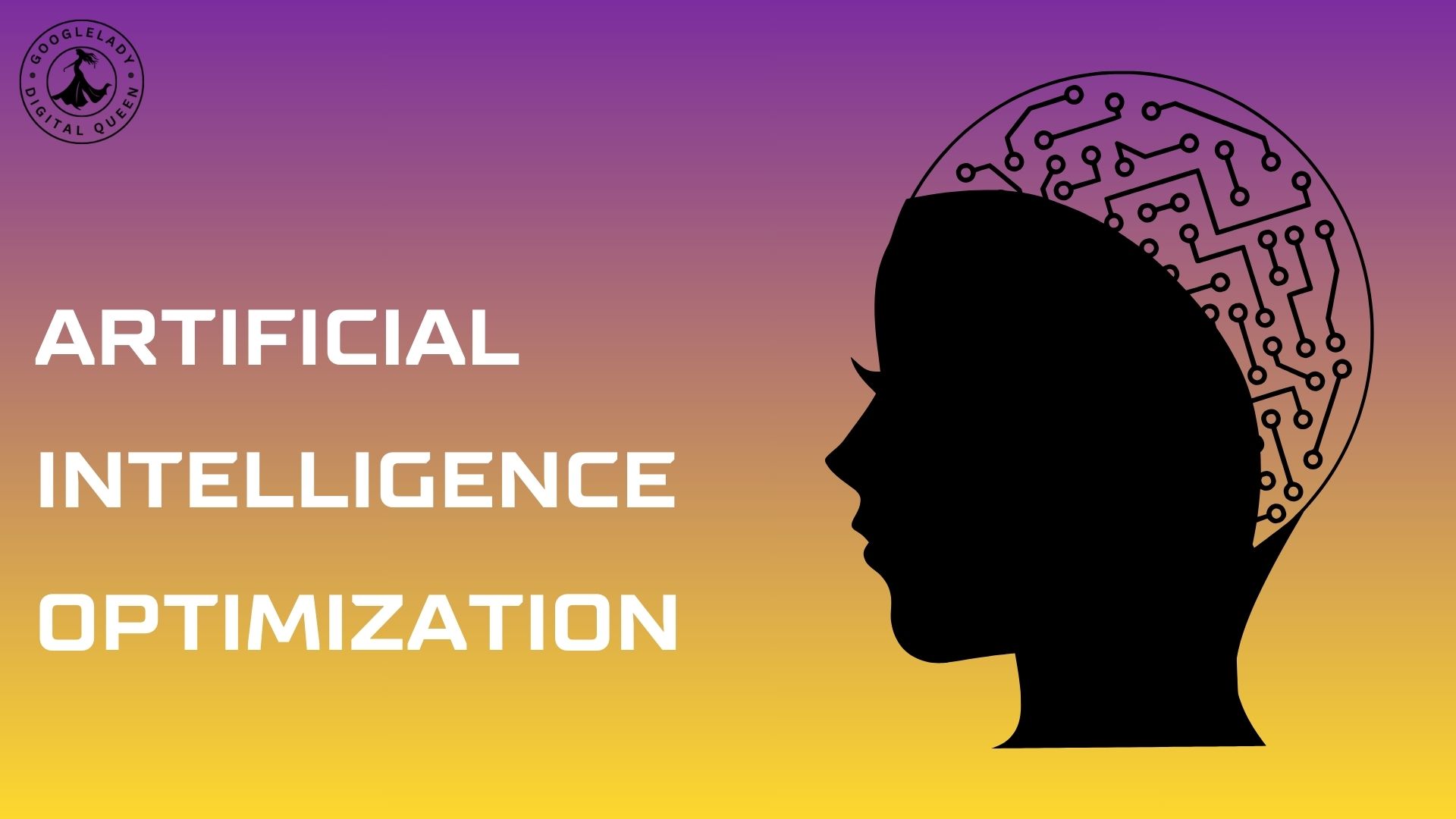How Artificial Intelligence Shapes Our Daily Life
Artificial Intelligence (AI) has become a part of almost everything we do. From unlocking your phone to watching your favorite shows, AI is quietly working behind the scenes. The impact of artificial intelligence in our daily life is huge — it saves time, simplifies tasks, and makes our world more connected. Whether it’s helping us find information faster or improving healthcare and business operations, AI in everyday life is making things smarter and more efficient.
AI in Smartphones: Smarter Devices for Everyday Convenience
Your smartphone is a prime example of how AI enhances daily life. Facial recognition to unlock your phone, voice assistants like Alexa or Google Assistant, and predictive text suggestions — all these features are powered by artificial intelligence. Even your camera utilizes AI to detect faces, adjust lighting, and automatically enhance photos. These small but powerful uses of AI make smartphones essential tools in our daily routines.
AI in Entertainment: Personalized Experiences for Everyone
The entertainment world runs heavily on AI algorithms. Streaming apps like Netflix, YouTube, and Spotify use AI to recommend shows, movies, or songs based on what you watch or listen to. This personalization is one of the biggest benefits of artificial intelligence, helping users discover new content they’ll likely enjoy. AI also improves sound and video quality, creating a more engaging experience for viewers.
AI at Work: Better Productivity and Smarter Decisions
The role of artificial intelligence in daily work life is growing rapidly. Businesses use AI for automation, data analysis, and decision-making. Chatbots handle customer queries instantly, while advanced AI tools analyze large amounts of data in seconds. This not only improves accuracy but also saves time, allowing people to focus on creative and strategic tasks.
In marketing and digital advertising, AI helps companies run smarter ad campaigns by predicting user behavior. This data-driven approach improves results and reduces costs.
AI in Healthcare and Education: Improving Lives
The impact of AI in healthcare is revolutionary. AI tools help doctors detect diseases early by reading scans and reports faster than humans. In hospitals, AI-based systems manage patient data and improve diagnosis accuracy.
In education, AI creates personalized learning paths for students. It can adjust lessons according to a student’s progress, helping them understand better and learn faster. This shows how the use of artificial intelligence in daily life goes beyond convenience — it’s making a real difference in essential fields.
AI in Transportation: Making Travel Smarter and Safer
AI has changed the way we travel. Apps like Google Maps and Waze use AI to predict traffic, suggest the fastest routes, and estimate arrival times. Self-driving cars, though still being tested, are another major AI innovation that could make travel safer and more efficient. Even public transport systems now use AI to manage routes and schedules based on real-time data.
Challenges of Artificial Intelligence: The Other Side of Technology
While AI has many advantages, it also comes with challenges. The rise of automation has created fear about job loss in some industries. Privacy concerns are another issue, as AI systems often rely on personal data to make decisions. Over-dependence on machines can also reduce human creativity and interaction. To truly benefit from AI, we need to focus on ethical and responsible AI use.
Conclusion:
The impact of artificial intelligence in our daily life is undeniable. From communication and entertainment to work and healthcare, AI touches every part of our world. It makes life more convenient, helps businesses grow, and supports innovation across industries. As AI continues to evolve, the goal is to use it wisely —to enhance human potential rather than replace it. When used responsibly, AI can make our lives not only easier but also more meaningful.
FAQs
1. How is artificial intelligence used in our everyday life?
Artificial intelligence is everywhere, from voice assistants like Alexa and Siri to recommendation systems on Netflix and Amazon. It also powers navigation apps, email spam filters, chatbots, and even facial recognition on your phone.
2. What are some examples of AI at home?
At home, AI can be found in smart speakers, thermostats, security cameras, and home robots. These devices learn your preferences and make daily tasks like adjusting the temperature or playing music much easier.
3. How does AI make life easier?
AI saves time by automating repetitive tasks, giving accurate suggestions, and predicting what you might need next. For example, it can recommend the fastest route while driving or suggest movies you’ll love based on your watch history.
4. What are the disadvantages of artificial intelligence?
While AI has many benefits, it also comes with challenges. These include job automation, privacy concerns, data misuse, and the risk of people relying too much on technology instead of human thinking.
5. What is the future of artificial intelligence in daily life?
The future of AI looks promising. We can expect smarter virtual assistants, advanced healthcare diagnostics, self-driving cars, and more personalized online experiences, all aimed at improving comfort, safety, and efficiency in our lives.



0 Comments